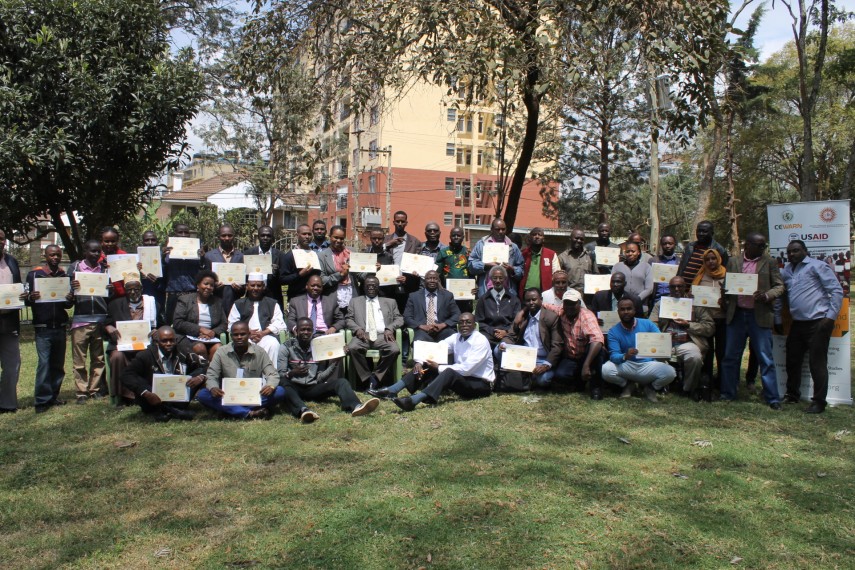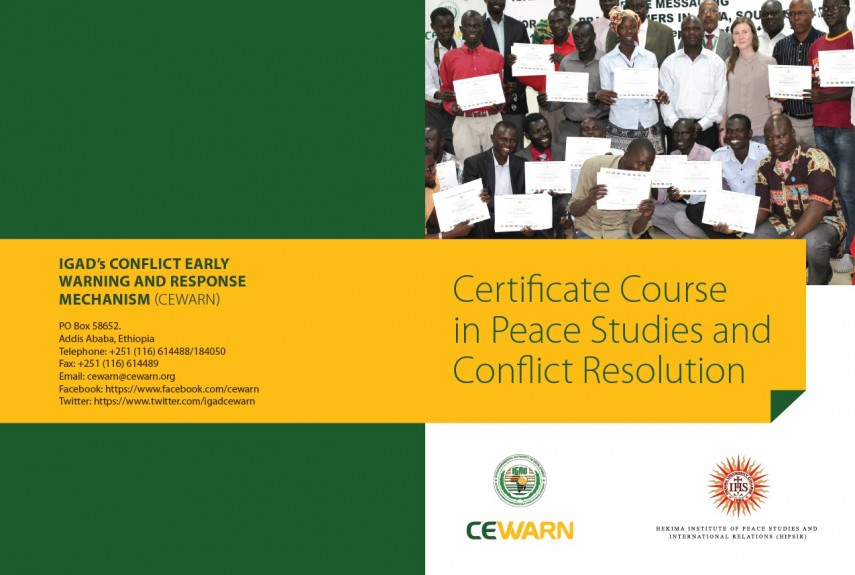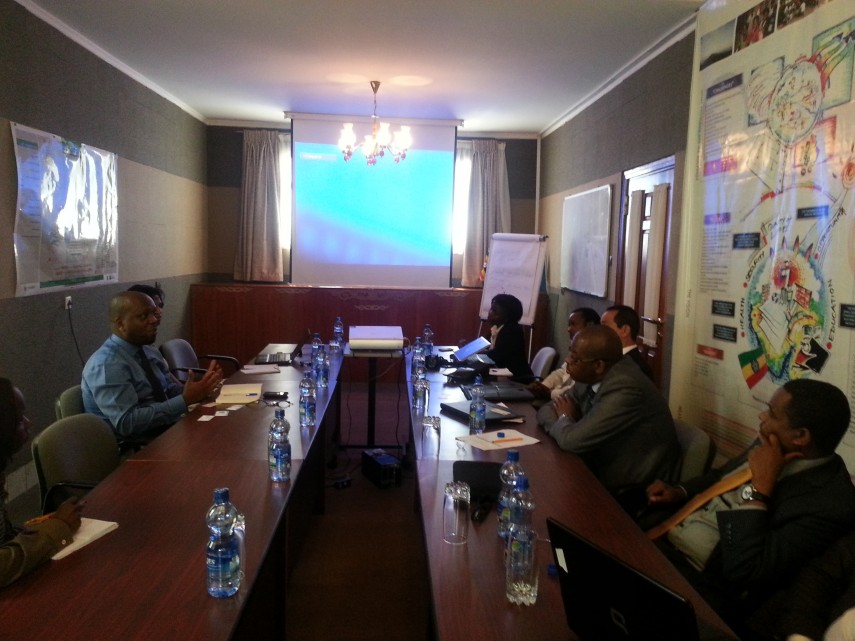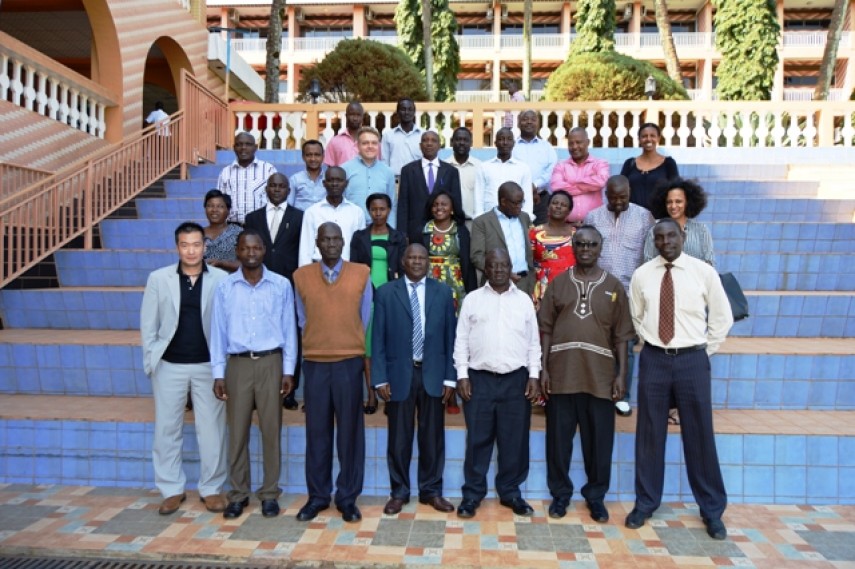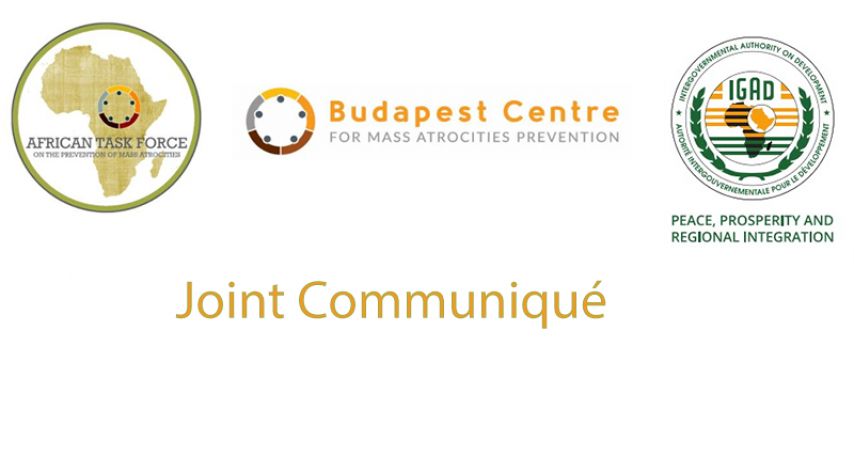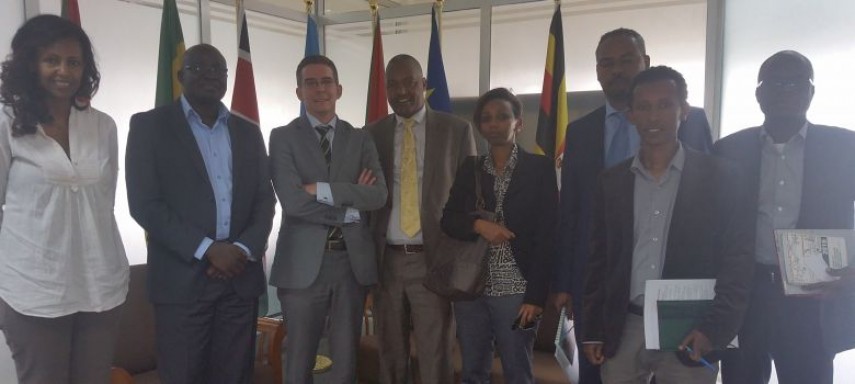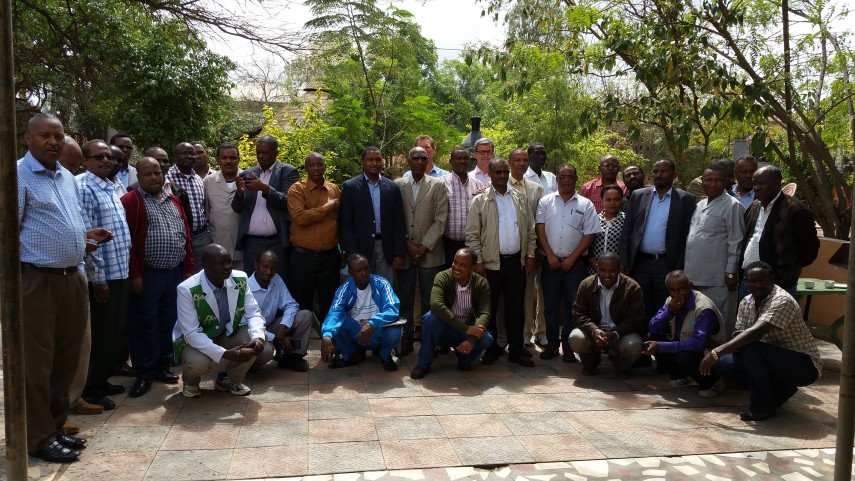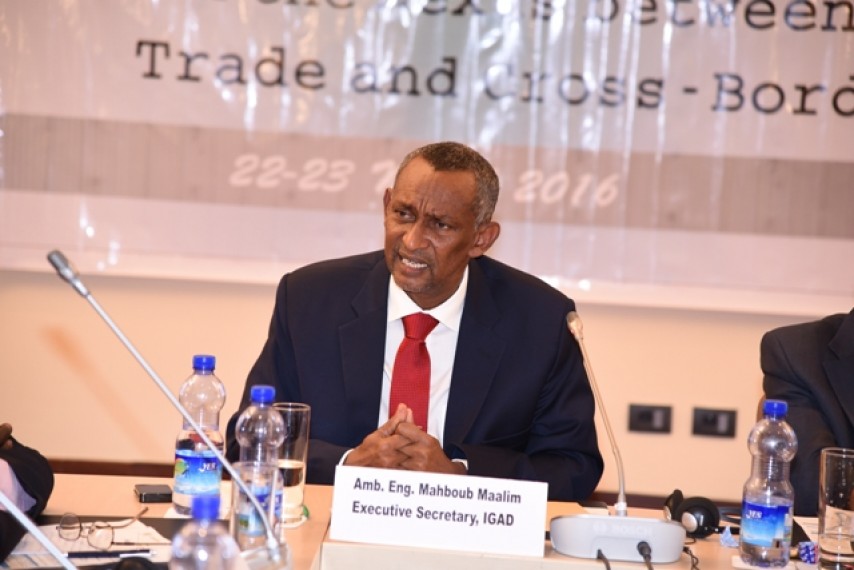CEWARN – HIPSIR conduct second round of certificate course in peace building & conflict resolution
CEWARN – HIPSIR conduct second round of certificate course in peace building & conflict resolution Thirty-three CEWARN local peace facilitators today completed a 10-day certificate course in Peace Studies and […]

